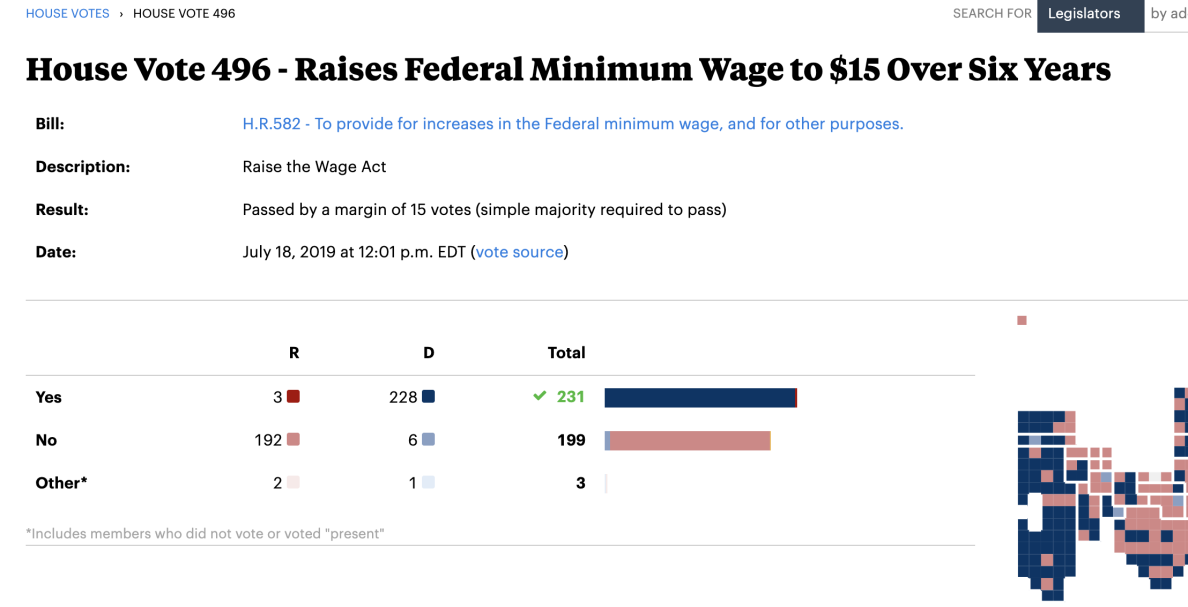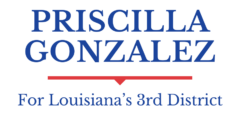The Impact of a $15 Minimum Wage: A Lifeline for Louisiana Workers
A recent report from the Economic Policy Institute (EPI) underscores a significant economic uplift for Louisiana workers if the federal minimum wage were increased to $15 an hour by 2025. This perspective change stands to benefit approximately one-third of the state’s workforce, profoundly altering the financial landscape for many families and communities.
A Long Overdue Raise
The current federal minimum wage, stagnant at $7.25 an hour since 2009, has long been criticized for its insufficiency in meeting the cost of living. Louisiana, one of the 21 states adhering to this federal baseline, has seen growing disparities between wages and the rising costs of necessities. According to the EPI report, an increase to $15 an hour would directly raise the wages of about 695,000 workers in Louisiana, representing 36.2% of the state’s workforce.
Who Benefits?
The demographics of those poised to benefit from this wage increase are notably diverse. Contrary to common misconceptions, the beneficiaries are not predominantly teenagers. The report highlights that the majority are adults, many of whom are primary breadwinners for their families. Additionally, a significant portion of these workers are women and people of color, groups historically overrepresented in low-wage positions.
Women in the Workforce: Women, particularly women of color, are disproportionately represented in low-wage sectors. The EPI report indicates that nearly 43% of working women in Louisiana would see their wages rise, providing a crucial step towards closing gender pay gaps and fostering greater economic security for families reliant on female earners.
Racial and Ethnic Minorities: Workers of color, who often face systemic barriers to higher-paying jobs, would also experience substantial benefits. The wage increase would help bridge economic disparities and promote a more equitable workforce, enhancing the overall economic health of the state.
Economic Ripple Effects
The positive impacts of a minimum wage increase extend beyond individual paychecks. Higher wages boost consumer spending, driving demand for goods and services and stimulating local economies. For Louisiana, a state with high poverty rates and economic challenges, this increase could be particularly transformative. Families with more disposable income can afford better housing, healthcare, and education, fostering long-term community development and stability.
Moreover, businesses can benefit from higher wages through reduced employee turnover and increased productivity. Workers earning a livable wage are likely to be more motivated and loyal, reducing recruitment and training costs for employers.
Challenges and Counterarguments
Despite the clear benefits, the proposal to raise the minimum wage is not without its critics. Opponents argue that such a significant increase could burden small businesses, potentially leading to job losses or increased prices for consumers. However, numerous studies suggest that the positive effects on workers’ purchasing power and local economies often offset these concerns.
The phased approach to implementing the wage increase, spreading it over several years, aims to mitigate potential economic shocks. This gradual rise allows businesses time to adjust, potentially adopting more efficient practices and innovative solutions to maintain profitability.
Congressman Clay Higgins: A Barrier to Progress
In stark opposition to the interests of his constituents, Congressman Clay Higgins voted against raising the federal minimum wage. This decision directly harms the working class, perpetuating the cycle of poverty and economic disparity that plagues many Louisiana communities. By voting against this critical measure, Higgins has shown a blatant disregard for the struggles of hard-working families who are fighting to make ends meet.

Higgins’ stance is not just a political position; it is a moral failing that prioritizes the interests of big businesses and the wealthy over the basic needs of everyday workers. His vote against the wage increase underscores a harmful disconnect from the realities faced by the working class, illustrating a profound indifference to the economic hardships that many of his constituents endure.

A Step Towards Economic Justice
Raising the minimum wage to $15 an hour represents more than just an economic adjustment; it is a step toward economic justice. It acknowledges the hard work of millions of low-wage workers and their essential role in our economy. For Louisiana, this change promises not just financial relief for hundreds of thousands of workers but also a stronger, more resilient economy.
As policymakers debate this critical issue, the stories of workers who stand to gain from this change should remain at the forefront. The proposed wage increase is an opportunity to affirm the dignity of work and ensure that all workers can share in the prosperity they help create.
In summary, the move to a $15 minimum wage could be a transformative policy for Louisiana, addressing deep-seated economic inequalities and fostering a more inclusive and robust economy. The EPI report serves as a crucial reminder of the human impact of economic policy and the power of wages to change lives.
